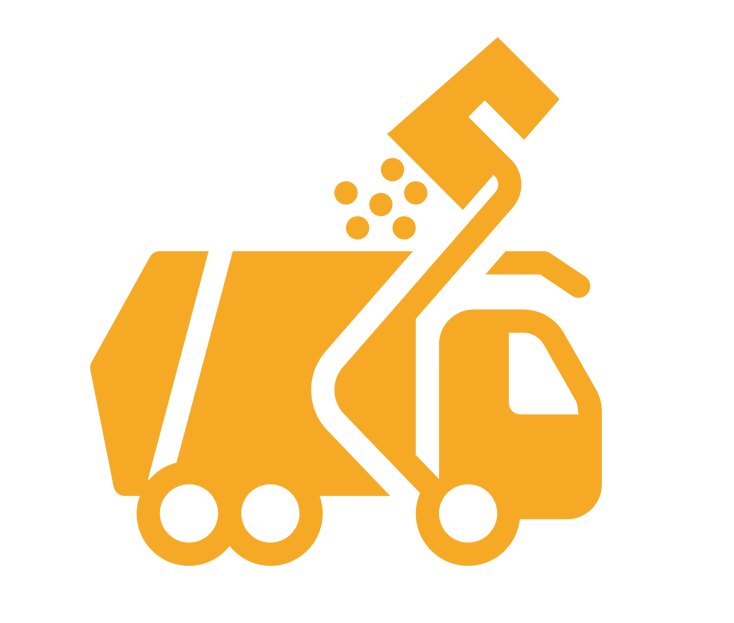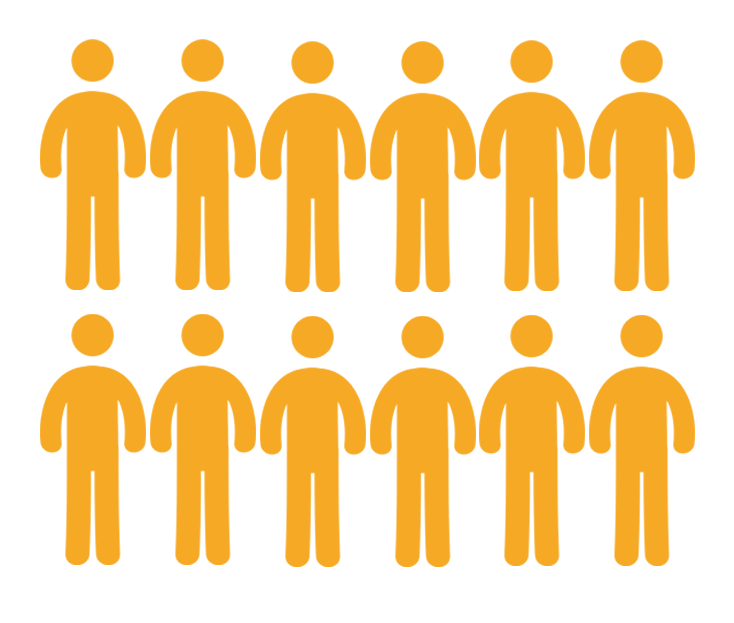Our vision
Arcadia S.p.A. is an Italian company, working since 1999 to develop packaging guaranteed to preserve the special characteristics of the food on your table.
We want to ensure that consumers are able to eat exactly what the producers with their passion have created.
It’s important that everyone should have access to the latest food packaging products, which conserve resources and reduce waste, while keeping food longer and, above all, BETTER.
Ovtene is a friend of the environment…
Ecology
Currently a third of the food produced in the world is wasted, for various reasons. Ovtene can help reduce this statistic by naturally extending the life of your food products.
1974

900 calories a day
per person
TODAY

1.400 calories a day
per person

that’s 150.000.000.000 calories being wasted each year

2 billion people could be fed for a year with the amount the USA alone throws away each year
1974

900 calories a day
per person
TODAY

1.400 calories a day
per person

that’s 150.000.000.000 calories being wasted each year

2 billion people could be fed for a year with the amount the USA alone throws away each year
Food waste in the USA accounts for…

1/4 of all freshwater consumption

the consumption of 300 million barrels of oil
Ovtene is a friend of the environment
thanks to how it is manufactured
%
Polyethylene
Ovtene packaging
%
Polyethylene
Traditional packaging
Ovtene is made of 60% inert minerals, suitable for contact with food, deriving from renewable sources. The remaining 40% polyethylene ensures it can be recycled as “plastic”.
Studies conducted by the EPA highlight the pros and cons of common packaging.
Production of both paper and plastic bags requires energy and in both processes waste is generated. While paper is made from timber, which is a renewable resource, plastic is made from natural gas and crude oil that are non-renewable resources. But paper bags generate 50 times more water pollutants and 70 percent more air pollutants during production than plastic bags..
Plastic bags use 40 percent less energy during production and generate 80 percent less solid waste compared to paper bags.

